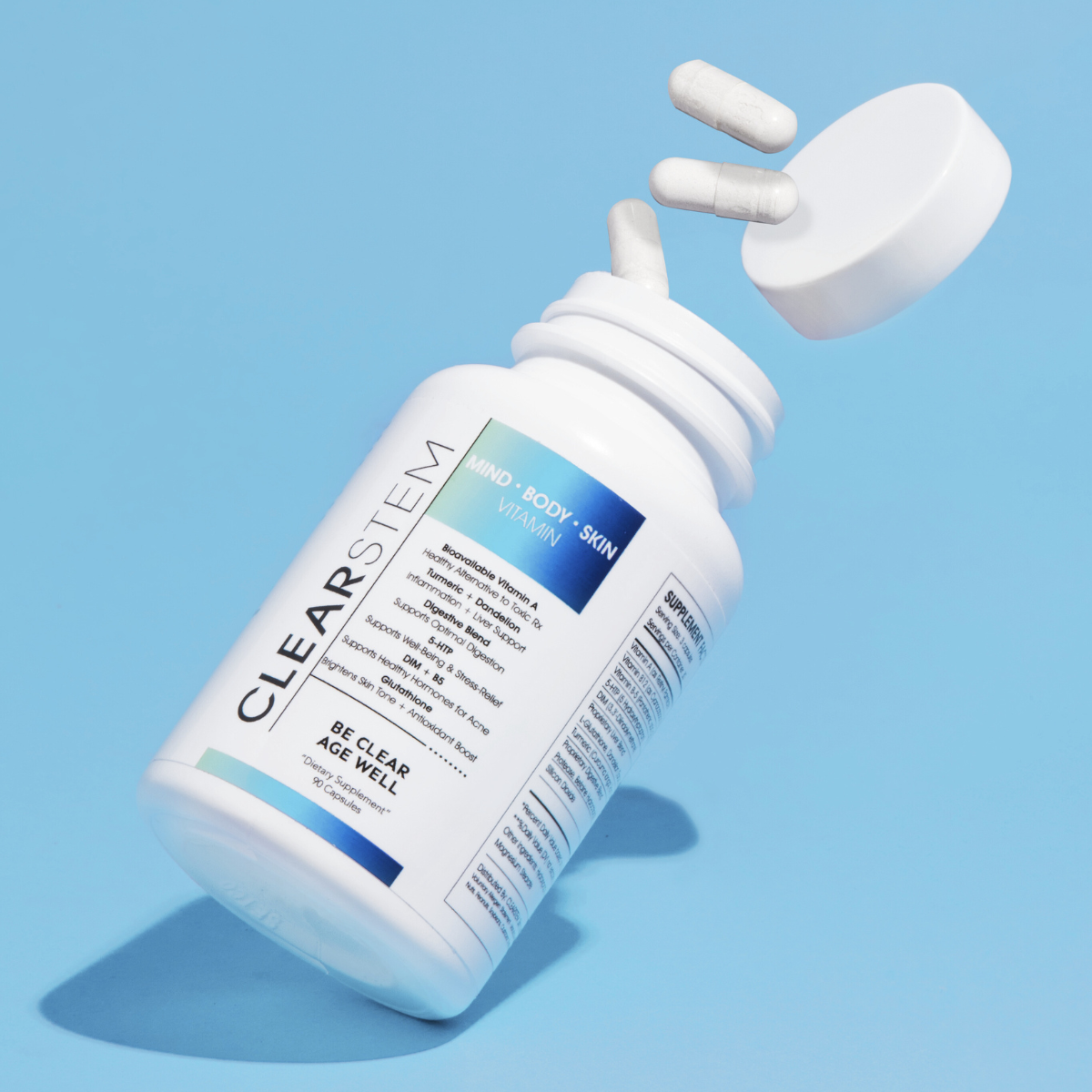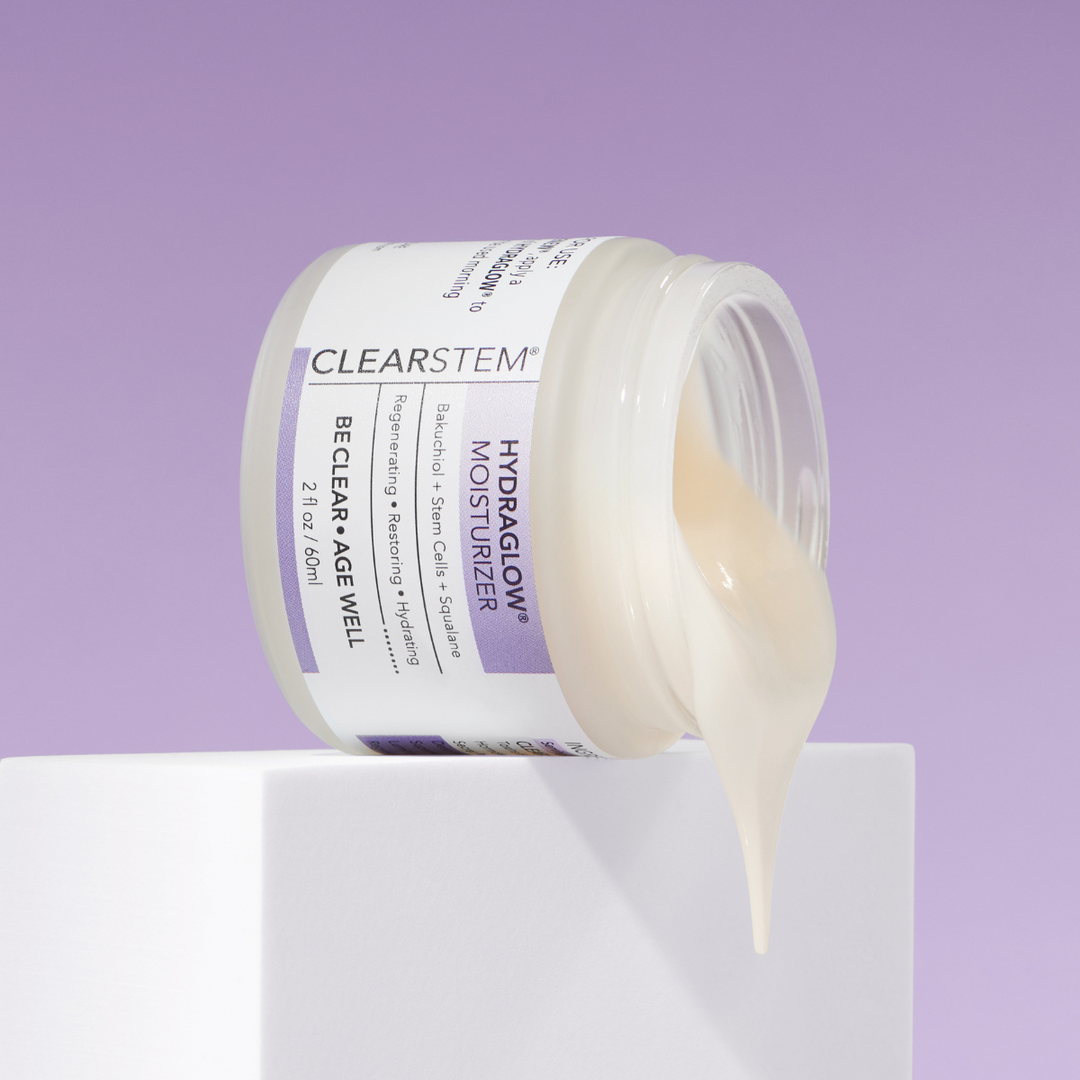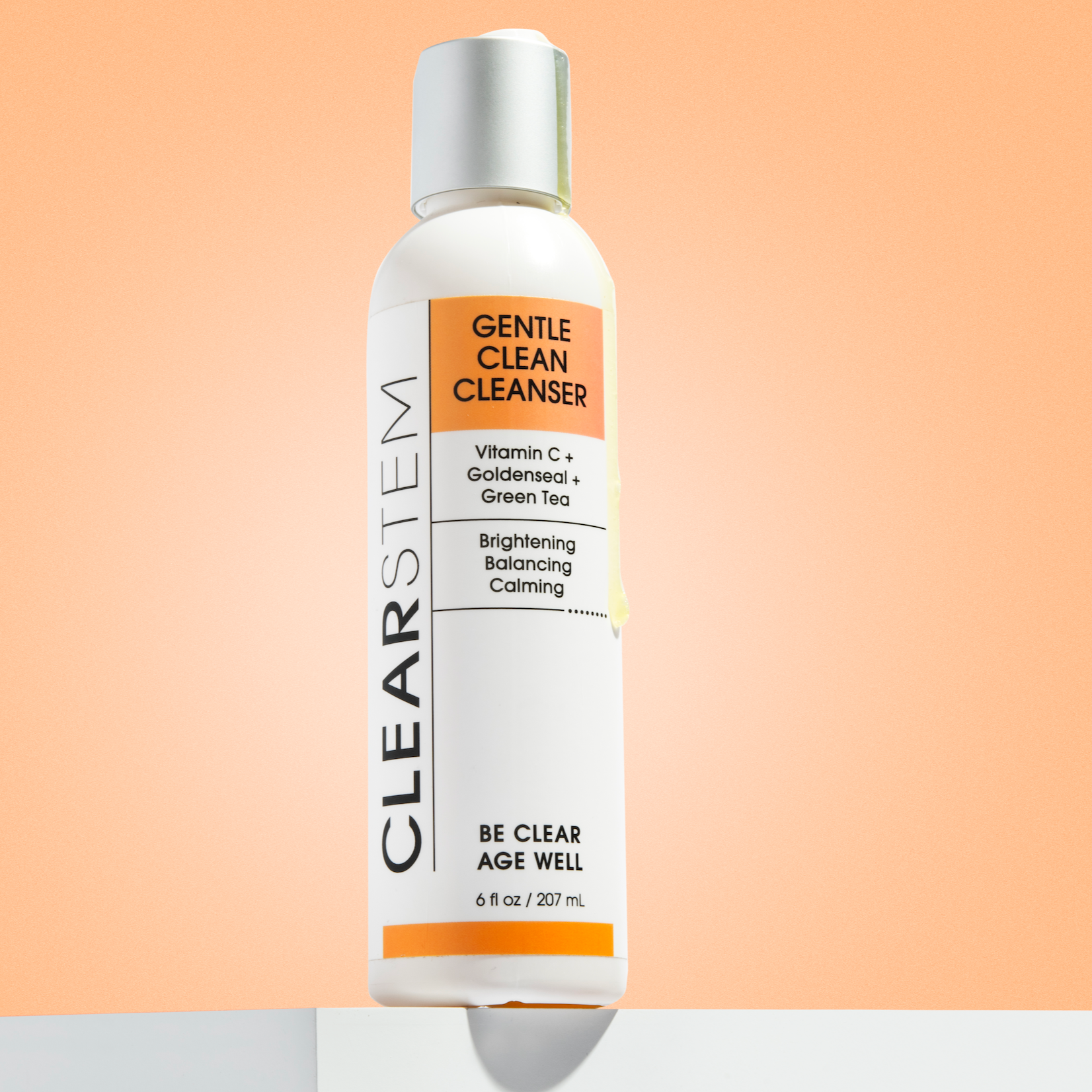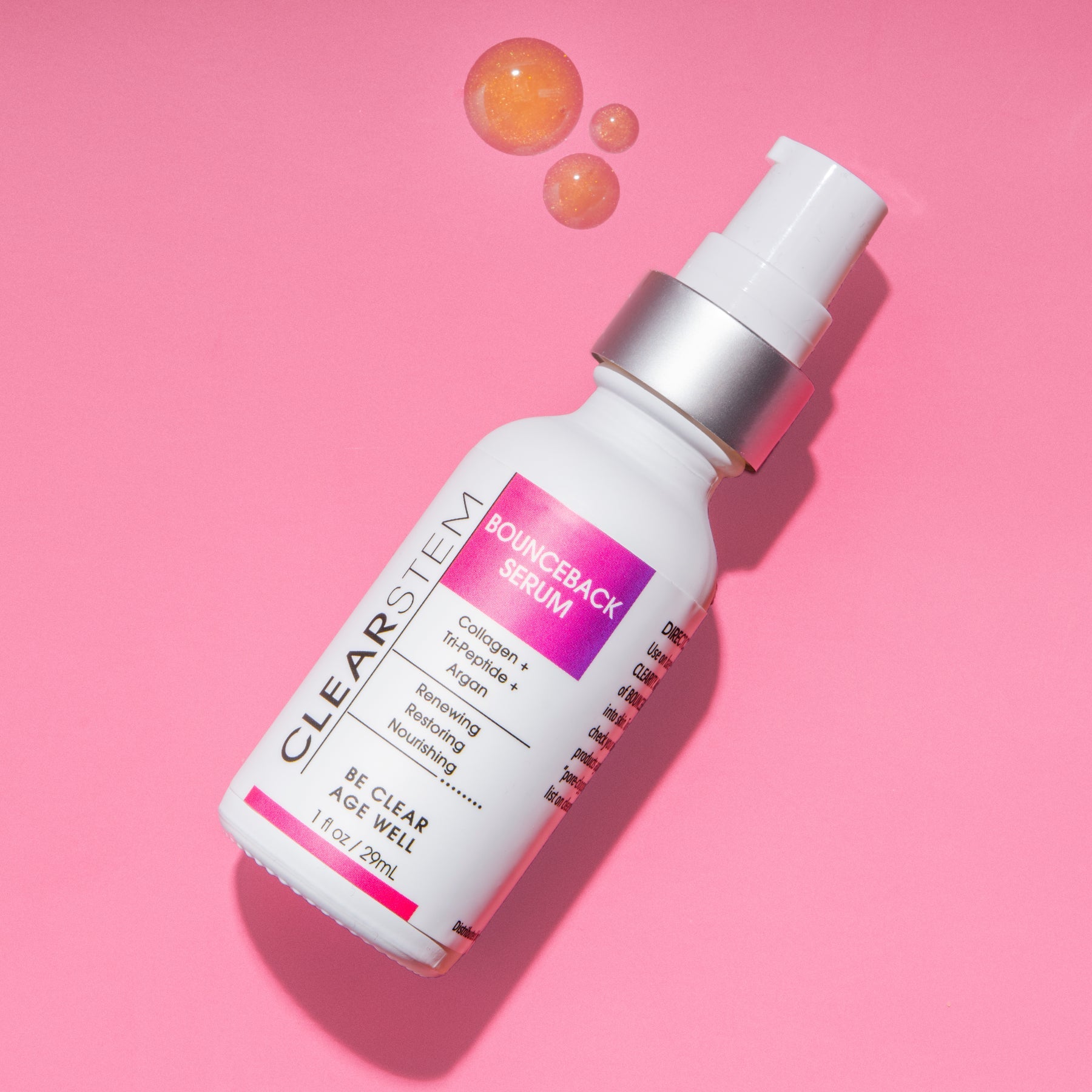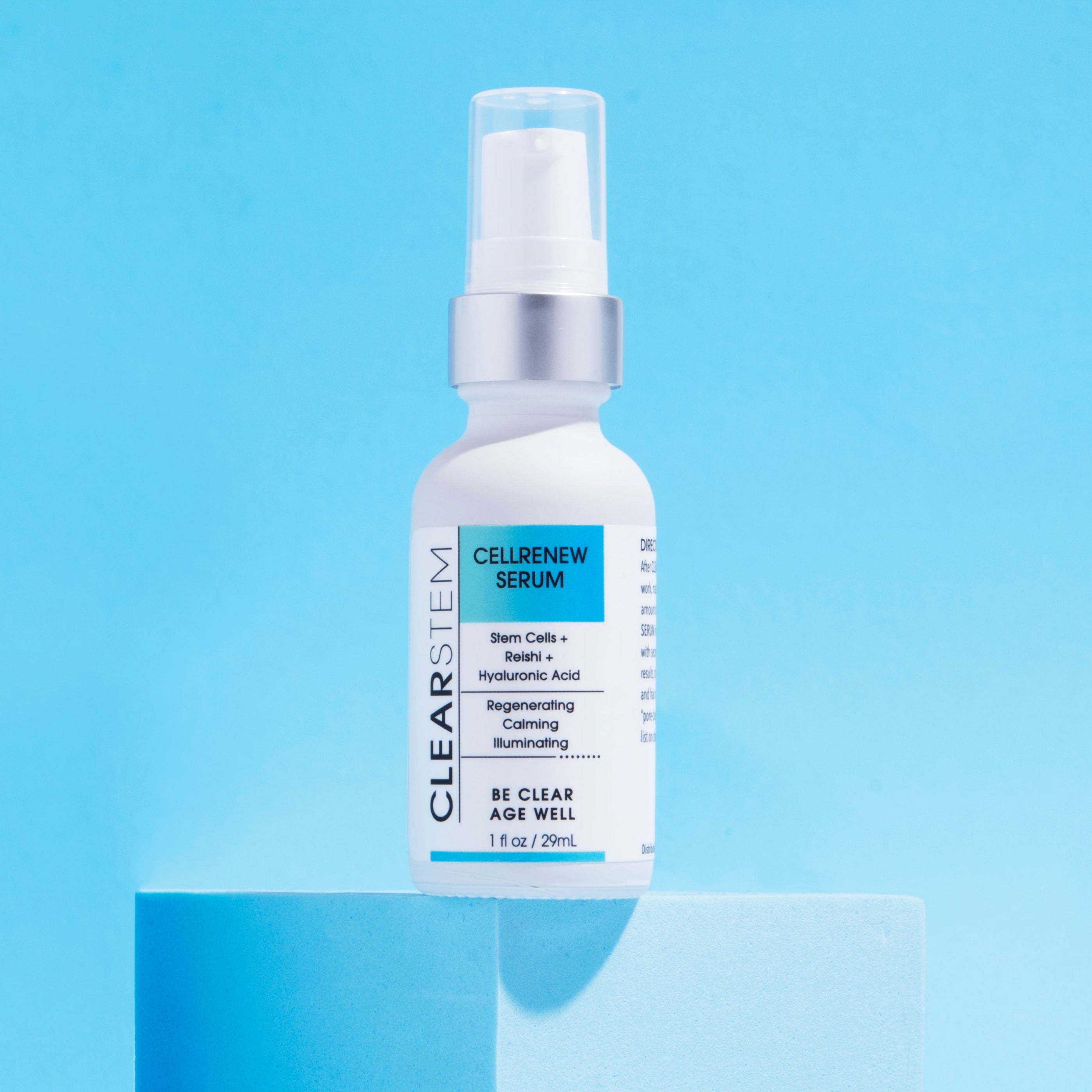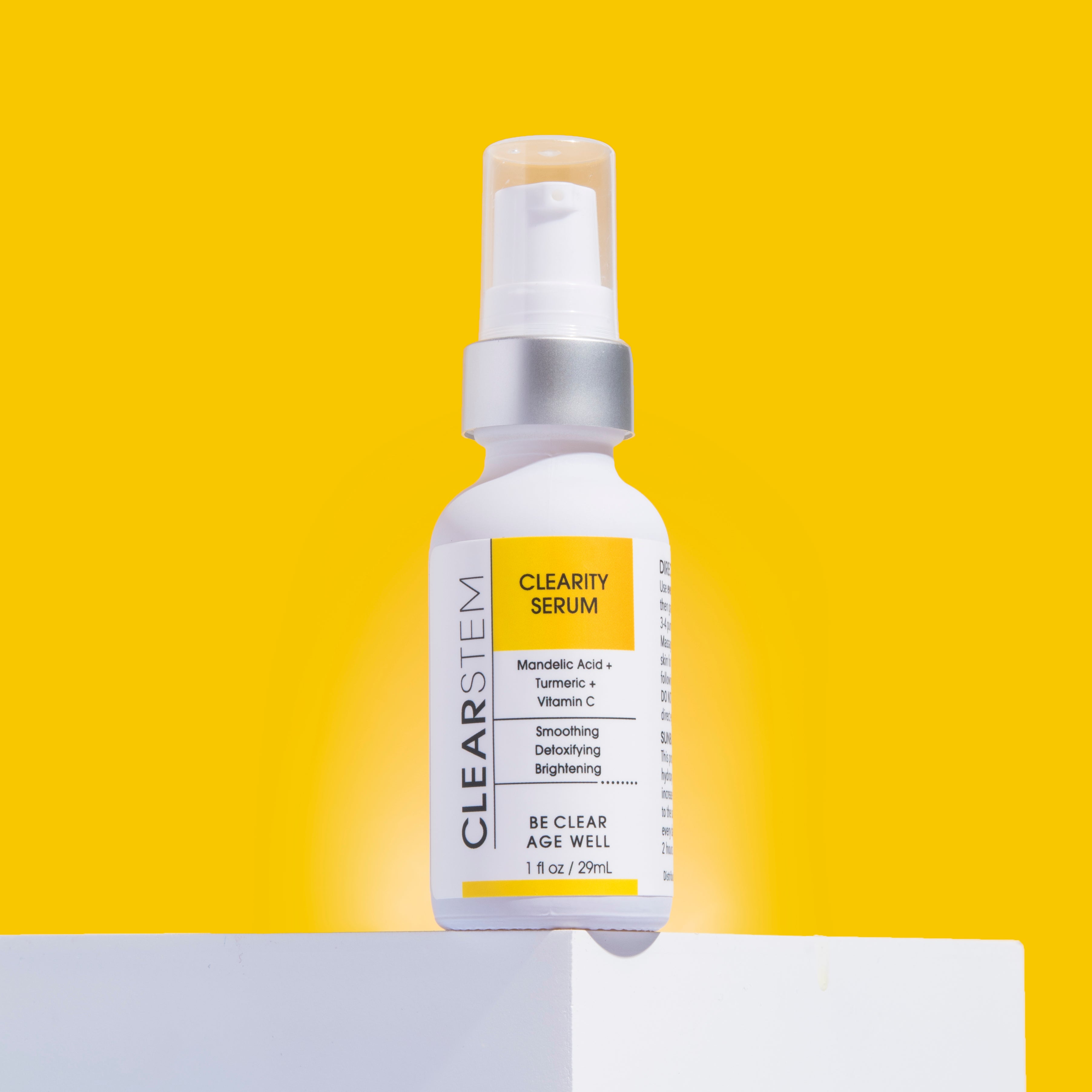In honor of Black History Month we’d love to offer some tried-and-true skin tips for darker skin tones! This info can also be applied to anyone who tans easily or scars easily (those two go hand-in-hand). With darker skin tones there are some awesome benefits that come naturally; usually there is a healthy amount of natural oil, which makes for less aging, along with stronger melanin presence, which shields us from UV damage. Melanin is the natural pigment in our skin that gets released when exposed to sunlight- it’s our natural SPF which is why we get tan in the sun. That extra oil I just mentioned comes in clutch when it comes to aging better because our natural skin oil (aka “lipid barrier”) is the first and best defense against cellular dehydration which is one of the key factors in how we age and how easily we will get wrinkles. Oily skin is a blessing more often than not, and anyone who looks damn good for their age when they get older usually had oily skin (or even acne) when they were younger.
These two perks of darker skin / ethnic skin are worthy of celebrating. The more melanin you have, the less UV damage you will accumulate (and thus less risk of skin cancer). The more natural moisture in the skin, the less prone to wrinkles you are. AMEN!
Now here is the flipside- with all that melanin, the risk of scarring and discoloration is super high and VERY hard to correct with most treatments. The very things that we would do to get rid of scarring can also create new scarring in dark skin, therefore lasers and aggressive peels are usually contra-indicated unless used in very specific cases. “Hyperpigmentation” is what we call it when the skin gets even darker in response to an aggressive treatment (like a laser treatment where the heat from the laser actually causes a burn and creates a darker spot than the one it was meant to remove). This can actually happen in olive skin tones too, so be VERY careful before jumping into lasers.
When it comes to acne and dark skin it’s usually a major p.i.t.a because even the smallest breakout can leave scars that last for months or years. Here’s what you do to prevent that:
- Get a moderately strong exfoliation treatment like a 10-12% modified Jessner’s peel or an enzyme with microdermabrasion. Do not do a deep peel that requires more than 4 days of downtime unless your skin is very used to doing peels. It is far safer doing 3 moderate treatments than 1 aggressive one so as to avoid hyperpigmentation.
PRO TIP: Use multiple layers of hemp or argan oil to moisturize the skin after a treatment to speed up healing time. Avoid coconut or shea butter as these will clog the pores.
2. Always use sunscreen, even though you never burn. It’s not about burning, it’s about UV damage on the delicate scar tissue. Scars that get exposed to UV light will darken even more and be about 10X harder to get rid of.
3. Avoid hot water like the plague. Hot water on the face is terrible for many reasons but especially for those of us who hyperpigment. Heat causes dryness in the skin which makes us get UV damage faster, which in turn will lead to major discoloration that is difficult to fade.
4. Use an acid exfoliant to shed scar tissue and unclog pores at the same time. CLEARSTEM’s CLEARity serum is perfect for ethnic skin because it is non-drying and has vitamin C for brightening power. This serum is a game-changer for darker skin tones and the unclogging effect it has will heal clear existing acne as well as prevent future breakouts.
5. Avoid Benzoyl Peroxide above 2.5%. Benzoyl Peroxide is extremely drying and leads to discoloration very quickly. At San Diego Acne Clinic we prefer straight up sulfur for active breakouts. We generally avoid BP if there is any risk of hyperpigmentation but for inflamed acne (pustules, whiteheads) 2.5% BP can be used as a spot treatment or a mask.
6. Avoid hair products with coconut oil and shea butter. These are incredibly common in all curly-hair products but are rampant in African-American hair care. These two ingredients are extremely pore-clogging and will create hairline acne and sleeping-side acne in those who are acne-prone. Hemp, Castor, Argan, Safflower, and Sunflower oils are all totally acne-safe and make great alternatives!
PRO TIP: Check all skin and hair care ingredients against the list of pore-clogging ingredients on our site. It’s so easy and will save your skin. https://clearstemskincare.com/pages/pore-clogging-ingredients-list/
If you would like more info on acne we highly encourage you to check out our other blogs. Hormonal acne affects us all. No one is spared unless they are a unicorn. Whether you are new to the skincare world or a low-key pro, you will find so much benefit in not only the CLEARSTEM line of products but in our Skincare Learning Center. Celebrate yourself each time you interact with your skin and email us if you have any specific questions, we are here to help!
Much love, Danielle & Kayleigh

